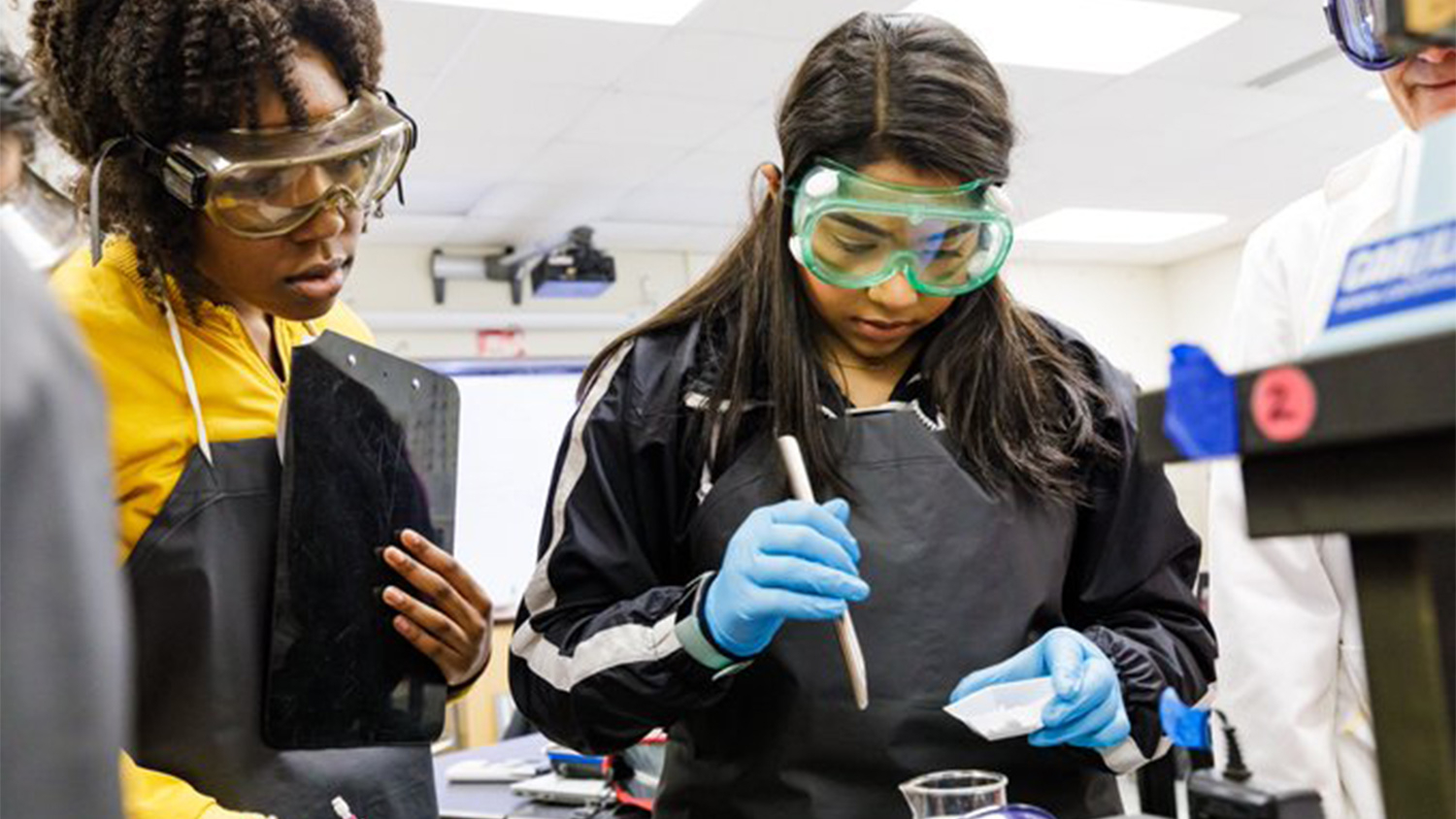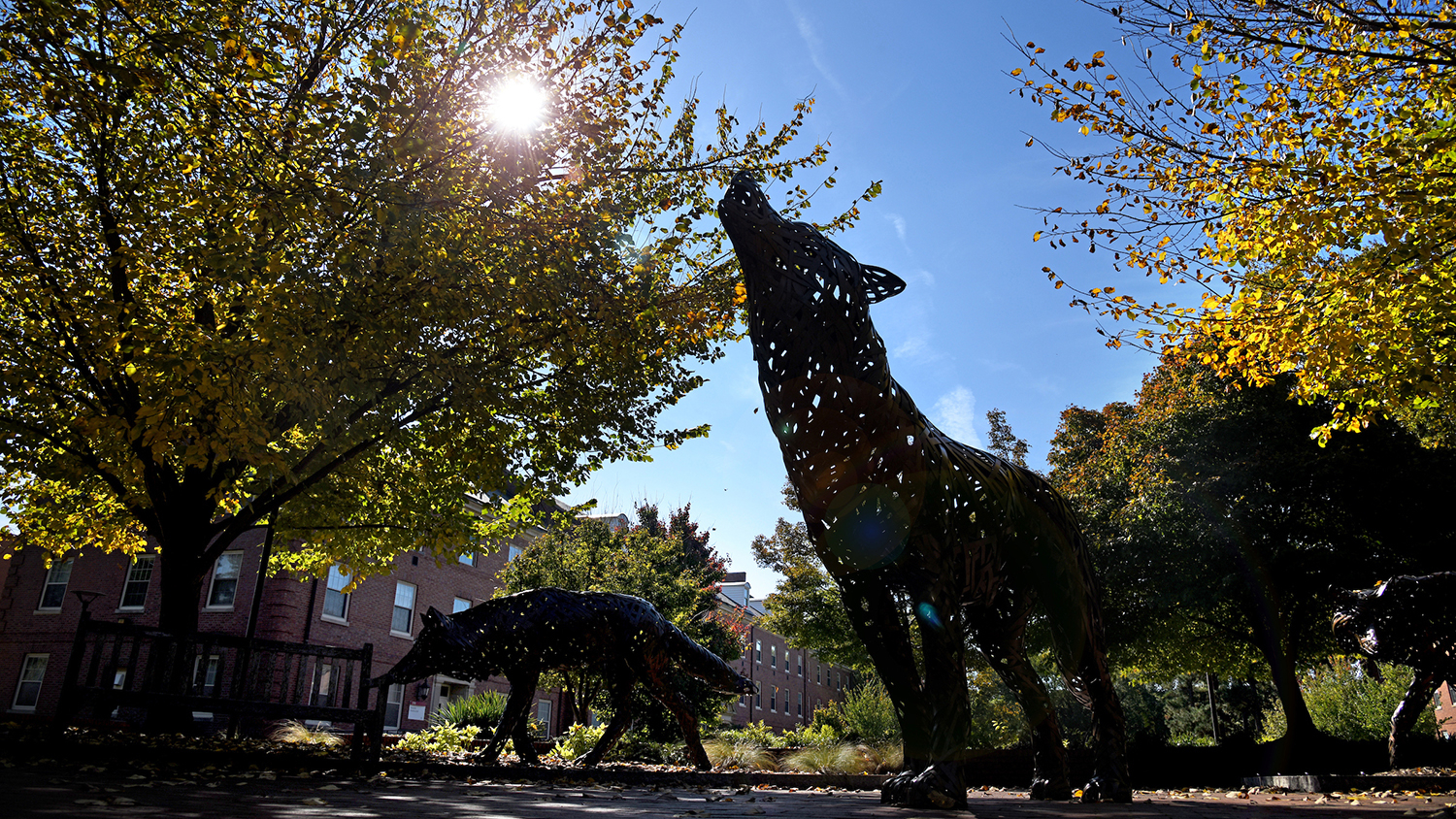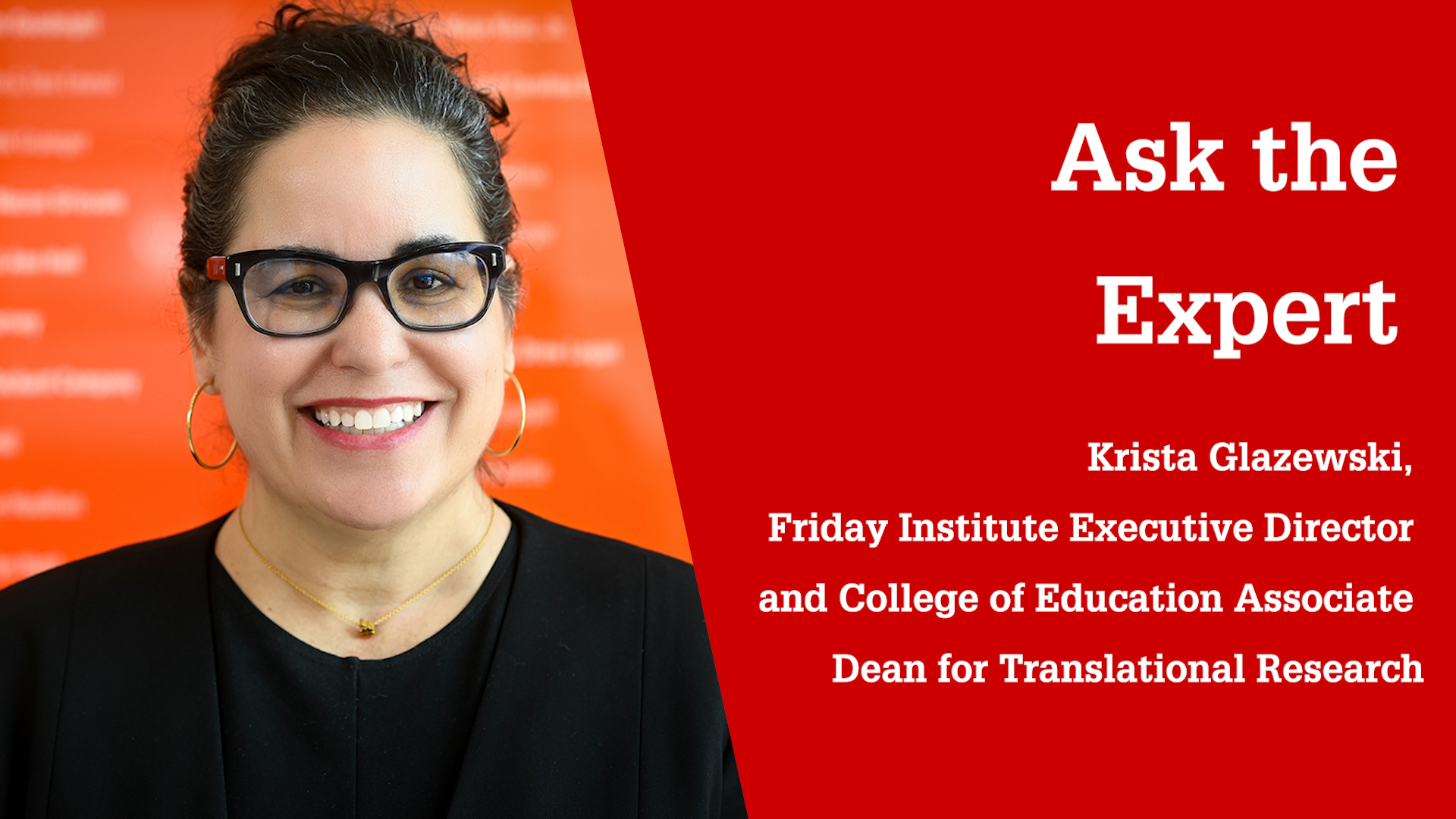College of Education Faculty Contribute to New Handbook of Research on Science Teacher Education

A new book co-edited by Gail Jones, an Alumni Distinguished Graduate Professor in the NC State College of Education, is providing insights into science teacher education through a thorough review of research related to teacher preparation, induction and career-long professional learning.
The Handbook of Research on Science Teacher Education, published by Routelege, draws on research from more than 100 contributors around the world. Chapters in the book focus on research methods and methodologies in science teacher education, formal and informal teacher education programs, initial and continuous professional learning of science teachers to support cultural responsiveness along with teacher leadership, core topics in science teacher education related to teacher knowledge and working with all students, and emerging areas in science teacher education.
“It is important for us to think globally about teacher education because of the rapid changes in human migration,” Jones said. “This book provides a concise review of the literature in science teacher education that can be useful to teachers, administrators and policy makers.”
The book’s 35 chapters are divided into six sections, two of which were edited by Jones’ College of Education colleagues.
Alumni Distinguished Graduate Professor Sarah Carrier served as the editor for the “Initial Science Teacher Education – Core Ideas” section.
Chapters in this section focus on crucial research surrounding ways to emphasize young children’s capacity to learn science and ways to prepare elementary science teachers for rigorous and equitable teaching. In addition, a chapter on secondary science teacher preparation identifies characteristics of effective science teaching while other chapters take a close look at the impact of field experiences and mentoring in science teacher preparation.
The final chapter provides a global picture of important issues in science teacher preparation through an examination of alternative pathways to teacher preparation around the world.
“Each of the chapters in this section presents key areas of research beginning with chapters on preparing teachers of young learners to provide their students with science education early and effectively,” Carrier said.
Professor Soonhye Park edited the fifth section of the book, entitled “Central Tenets in Science Teacher Education.”
“This section consists of six chapters that discuss central issues for the deep thinking and practices that science teacher educators are encouraged to engage in to ensure inclusive and equitable access and opportunities for the success of every student through quality science teacher education,” she said.
Chapters in this section, for example, focus on research findings from South Africa that support the positive impact of the integration of Indigenous knowledge into science curricula and raise concerns about the need to place more emphasis on disability, not just culturally relevant pedagogy, when discussing inclusive teaching.
This section also shares research that suggests targeted science teacher education interventions can support teachers’ integration of emergent bilinguals’ language and literacy development as well as promote teachers’ language-inclusion ideology to value multiple forms of language for science learning.
- Categories:


